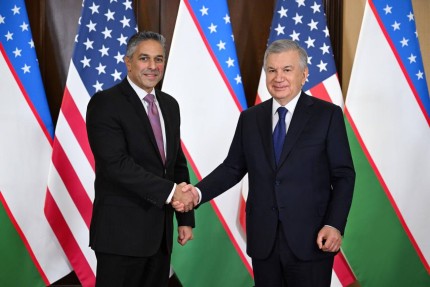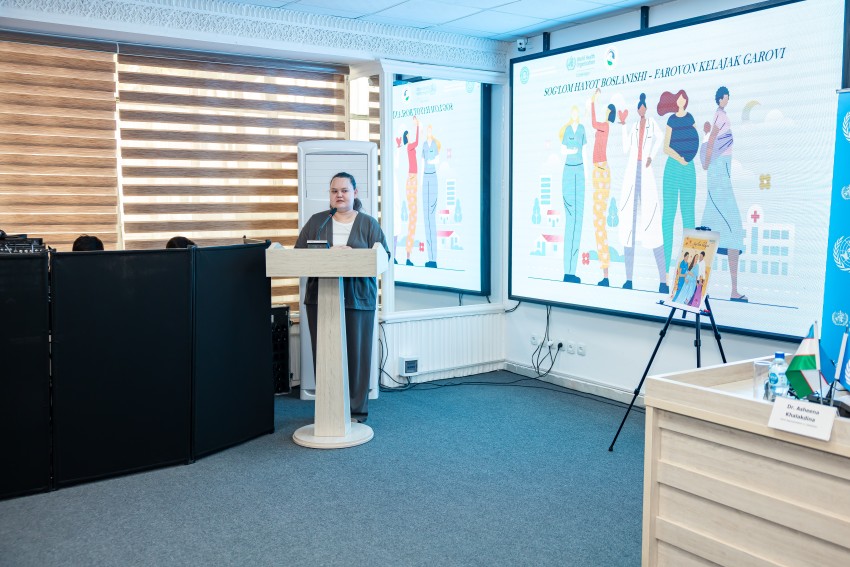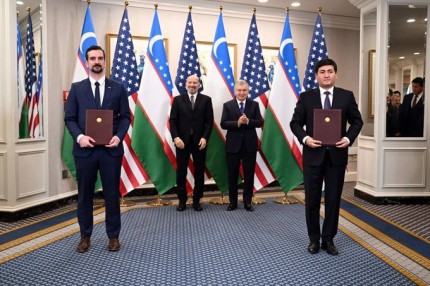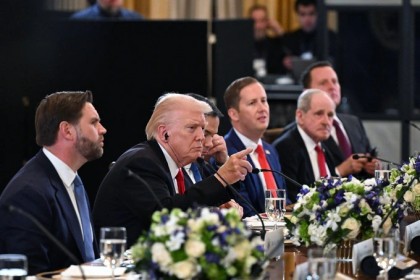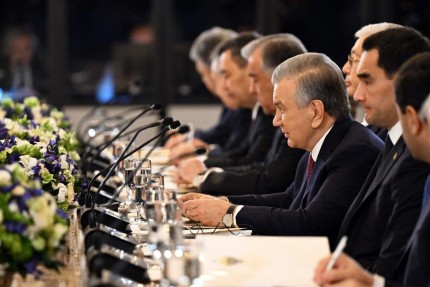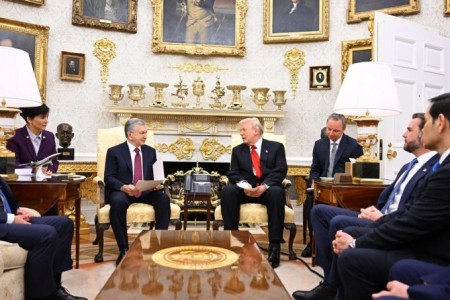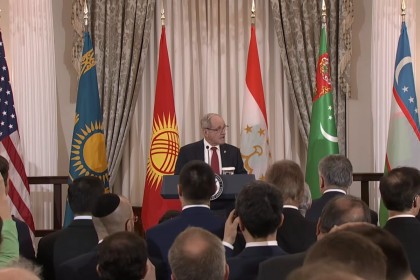President Shavkat Mirziyoyev familiarized himself with a presentation of measures aimed at developing competition on Monday, the presidential press service said.
Reportedly, over the past five years, the competition environment has improved for more than 25 goods. Exclusive rights that restricted the competition have been abolished for 7 types of activities. The number of enterprises with government-owned shares has decreased by 42%, and the number of private business entities has increased by 1.6 times.
A new version of the Competition Law was adopted last year. The Competition Development Committee was granted additional authorities. According to studies conducted on this basis, some organizations are experiencing such phenomena as the adoption of anti-competitive decisions, the conclusion of direct contracts, and the use of a dominant position in trade.
In this regard, a Competition Development Concept has been developed to expand the scope and improve the efficiency of work in this area. The Concept defines further tasks to reduce state participation in the economy, liberalize access to the market and create equal conditions for entrepreneurs.
The document plans to cancel regulatory provisions and excessive requirements that hinder free access of entrepreneurs to markets.
It also stipulate the introduction of concessions aimed at reducing the regulatory burden. In particular, permitting procedures and licenses will be replaced by mandatory liability insurance.
Independent market regulators will be introduced in areas of natural monopolies. Their participation will be limited in commodity markets associated with natural monopolies and where there is an opportunity for competition to develop.
In addition, it is planned to reduce the scale of direct government procurement, they will be completely transferred to competitive methods. It is envisaged to cancel the provision of individual state aid that restricts competition, including exclusive rights, benefits, preferences and concessions.
Through the mutual integration of information systems of government agencies, digital monitoring of all links in the pricing chain of socially significant products will be established. A non-disclosure and incentive system for individuals who provide information on cases of anti-competitive agreements and actions, collusion will be introduced.
As a result of the concept implementation, measures will be taken to gradually scrap 17 types of state monopoly in a number of areas, such as energy, oil and gas, water management, road construction, railway and airport services.
While, it is planned to suppress anti-competitive actions in public procurement and ensure the transparency of these processes. Commodity and raw material exchanges will increase supply, expand the choice for buyers.
The President noted the need to reduce the state's share in the economy, the gradual transfer of certain functions to the private sector. He set the task of constantly analyzing the state of competition in the commodity, financial and digital markets, and making proposals to improve procedures.
Over the past three years, more than 2,000 acts that contradict competition laws have been identified at the local level. In most cases, these are documents of local governor’s and mayor’s offices and ministries. In this regard, the president ordered to step up the efforts of the territorial offices of the Competition Development Committee and upgrade the skills qualifications of personnel.

